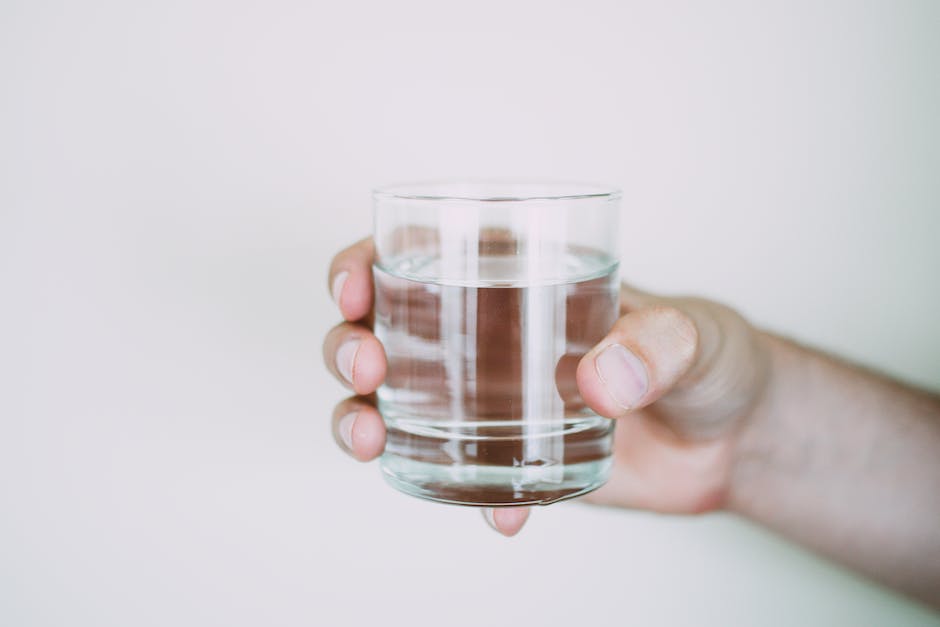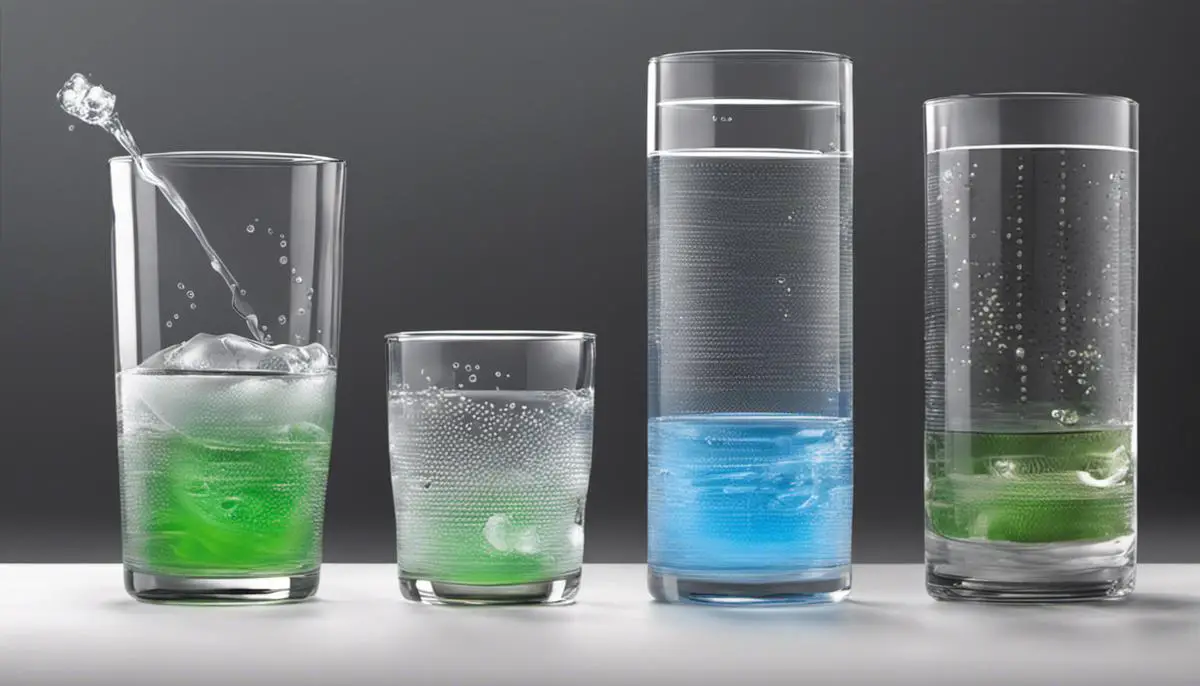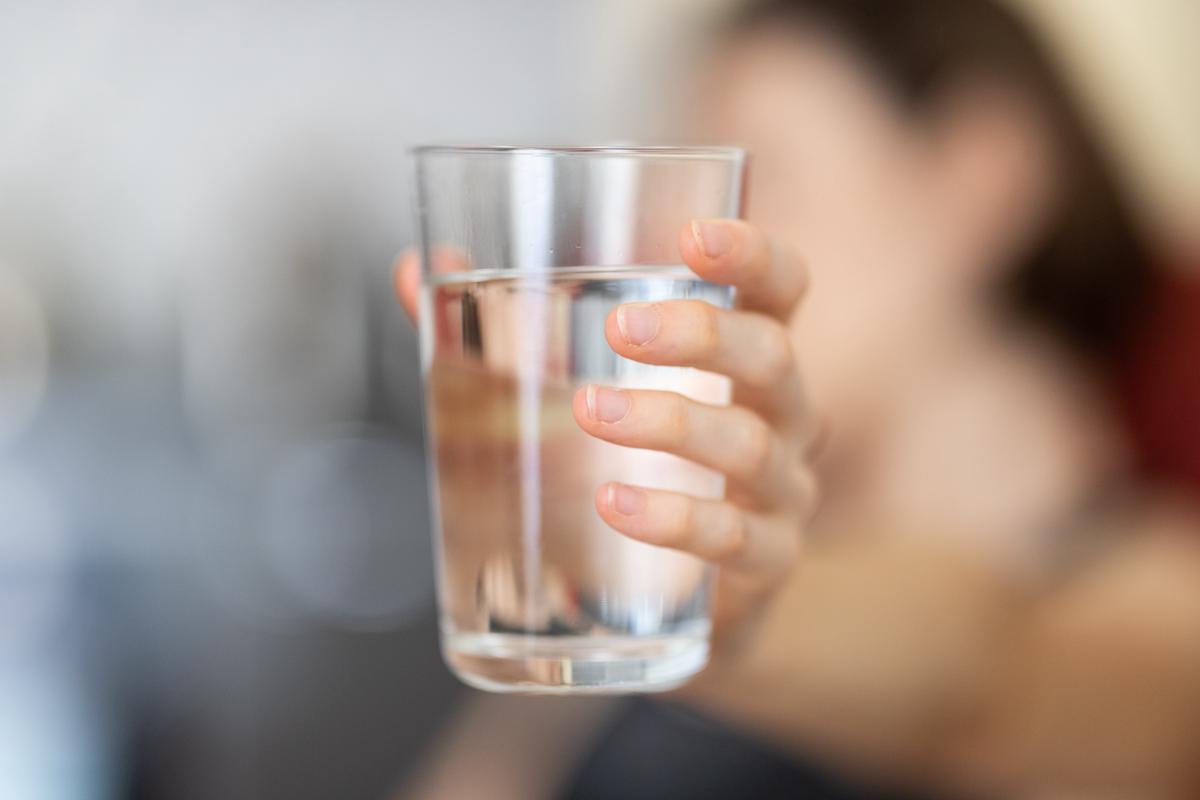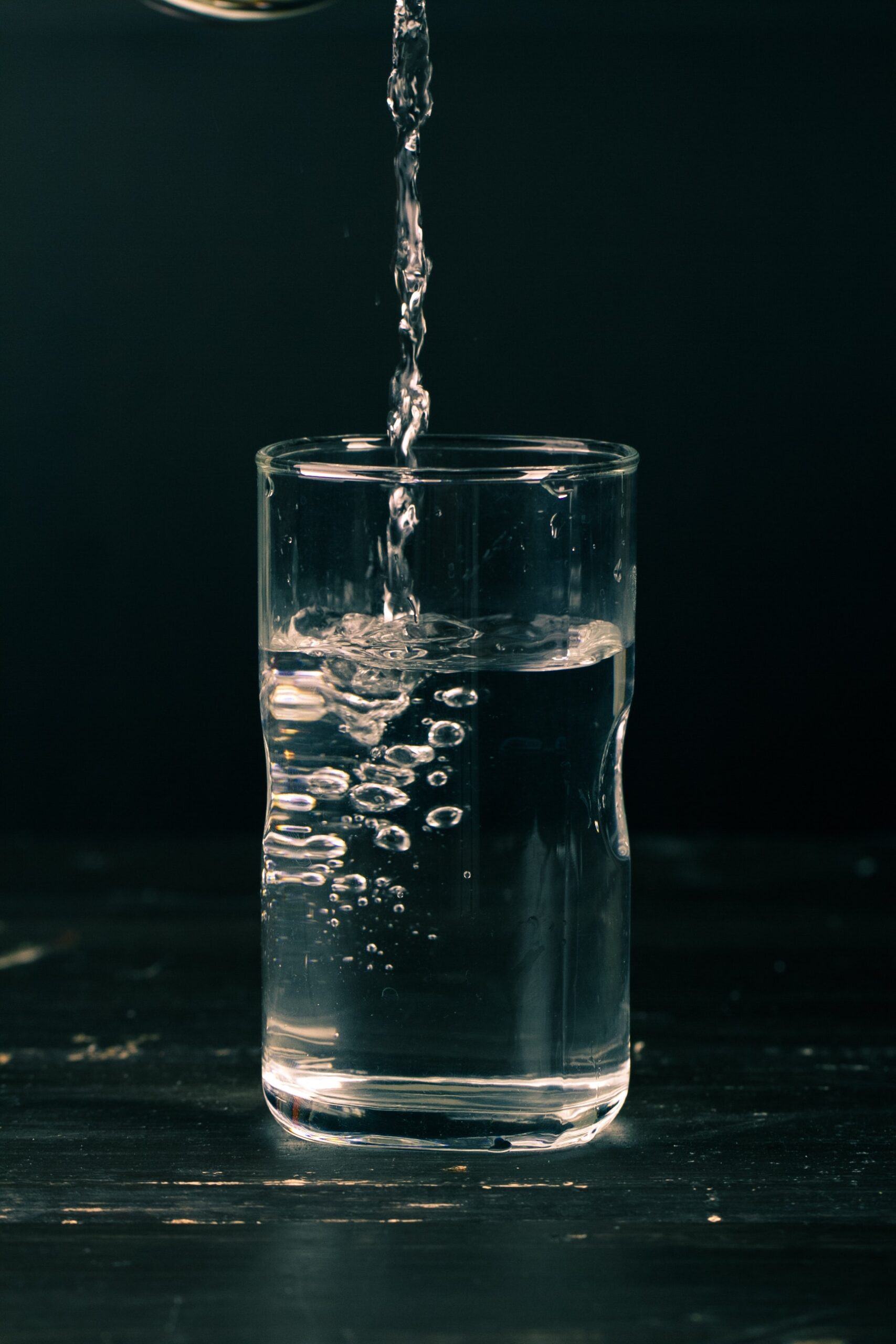Hydration is the key to a number of essential functions in the human body. As the main component of our body, spanning over 50% of our body weight, water serves the important roles of nutrient transportation, digestion facilitation, temperature regulation, and detoxification. Yet, despite its indispensable value, dehydration is quite common due to a lack of understanding about the optimum daily water intake and healthy water consumption habits. This lack of awareness can impact our overall health and wellness. To fully comprehend the critical significance of hydration and the precise quantity of water your body needs daily, we need to delve into factors such as age, sex, weight, physical activity, climate, and health status. Furthermore, practical tactics to augment water consumption and establish healthy hydration habits can serve as your roadmap to improved health and vitality.
Understanding Hydration
Understanding the Significance of Hydration
Water forms the basis of blood and supports critical bodily functions, from digestion to nutrient absorption. Being properly hydrated helps your body transport nutrients and oxygen to all the necessary locations, impacting your overall energy levels and brain function. Keeping hydrated also aids in maintaining body temperature and sustaining necessary bodily functions, such as the removal of waste through urination, perspiration, and bowel movements. Furthermore, adequate water intake supports muscle recovery after a workout and contributes to healthy skin.
Daily Recommended Water Intake
Health experts commonly recommend drinking eight 8-ounce glasses of water a day, which equals about 2 liters or half a gallon. However, the specific quantity varies based on factors like age, sex, weight, physical activity, overall health, and climate. For instance, a physically active person or someone living in a hot climate may need more water than others.
Role of Water in Digestion and Nutrient Absorption
Water plays a pivotal role in breaking down food so that your body can absorb the nutrients. It also prevents constipation aiding in a smooth transition of waste in your digestive system. Drinking adequate water also helps your body dissolve minerals and other nutrients and transport them to different body parts, contributing to a balanced metabolism and overall health.
Water for Temperature Regulation
The human body uses water for temperature regulation—a process called thermoregulation. When the body gets hot, it releases water in the form of sweat, which evaporates off the skin’s surface, reducing body temperature. Without sufficient hydration, this cooling system may not function efficiently, potentially leading to heatstroke.
Indications of Dehydration
Signs of dehydration can range from mild to severe. Mild to moderate dehydration might make you feel thirsty, tired, or dizzy. Your urine will also be darker than usual. In severe cases, dehydration can cause extreme thirst, a rapid heartbeat, low blood pressure, fever, delirium, and even unconsciousness. If you experience severe dehydration, it’s important to seek medical attention immediately.
Preventing Dehydration
To prevent dehydration, it’s crucial to drink water throughout the day, especially when exercising or spending time in hot climates. Including foods with high water content, like fruits and vegetables, in your diet can also enhance your hydration. Lastly, remember that alcohol and caffeinated drinks can dehydrate the body, so it’s best to limit their consumption.
Hydration’s Role in Detoxification
Hydration is key to detoxification, as water is vital for kidney function—an organ that filters out waste from the bloodstream and excretes it in the urine. Without enough water, kidneys might not work effectively, potentially leading to kidney stones. Drinking adequate water also supports liver function, another organ instrumental in detoxification processes.

Calculating Ideal Water Intake
Understanding the Basic Rule
One common rule of thumb for calculating water intake is the “8×8 rule,” which suggests drinking eight 8-ounce glasses of water a day. This rule, however, may not be sufficient for everyone, as certain factors can affect your body’s hydration needs.
Why Hydration is Important
Keeping the body hydrated is crucial for health and well-being. Water makes up about 60% of your body weight and performs many essential functions, including maintaining body temperature, removing waste, and lubricating joints.
Tailoring to Personal Factors
Your sex, age, weight, and physical activity levels all play a role in determining how much water you need. Men generally require more water than women due to having a higher proportion of muscle tissue, which holds more water. Age can also influence water requirements; older adults might need more water because the sense of thirst diminishes with age.
With regards to weight, a common recommendation is to drink 0.5 to 1 ounce of water for each pound you weigh, every day. So, a 160-pound individual should aim for 80-160 ounces of water daily.
For those who engage in regular physical activity, it’s crucial to drink additional water to compensate for the fluid lost through sweating. A good rule of thumb is to consume an extra 12 ounces of water for every 30 minutes of exercise.
Considering Climate and Health
The climate you live in can also significantly impact your hydration needs. In hot or humid weather, you may sweat more and thus need more water. Altitude can play a role too; high altitudes may increase urination and rapid breathing, which can dehydrate you.
Lasty, your overall health status can affect the amount of water you need. If you’re sick with a fever, vomiting, or diarrhea, your body loses extra fluids. In these cases, you should drink more water. Certain health conditions, like heart disease or kidney issues, might also require you to limit your fluid intake.
Remember: All Fluids Count
Keep in mind that all fluids count towards your daily total – not just plain water. This means that milk, juice, tea, and even foods like fruits and vegetables that have high water content can contribute to your overall water intake.
Scientific Insights
According to the National Academies of Sciences, an adequate daily fluid intake is about 3.7 liters (or 13 cups) for men and 2.7 liters (9 cups) for women. This comes close to the typical “8×8” rule we often hear, but remember that these values are appropriate averages and individual needs will vary. It’s essential to adjust your intake based on the personal and environmental factors discussed above.
Listening to your body, specifically paying attention to the color of your urine and your thirst levels, can also be great indicators of your hydration status. Light-colored urine and only rarely feeling thirsty suggest you’re well-hydrated.

Healthy Water Consumption Habits
Understanding Daily Water Intake
The consensus among health professionals is that an average person should aim for 8-10 glasses of water per day. This figure is based on an estimate that considers the minimum amount of water a body needs to perform important functions. However, it’s important to note that water consumption should be increased in situations of high energy expenditure or if you’re in a hot climate.
Strategies for Increased Water Consumption
Drinking a glass of water first thing in the morning can be an effective way to increase daily water intake. Other strategies include carrying a water bottle throughout the day and drinking water before and after meals. Flavoring water with fruits or herbs can make it more appealing if you find it difficult to consume plain water.
Balancing Water Intake with Other Beverages and Foods
While water is crucial, it’s also important to balance its intake with other fluids and foods. Teas, coffee, and milk can also contribute to your hydration, but remember that these often also contain caffeine and sugar. Fruits and vegetables with high water content such as cucumbers, tomatoes, watermelon, and oranges are excellent ways to both hydrate and satiate hunger.
Hydration During Exercise
During physical activity, water consumption should be increased to compensate for the fluids lost through sweat. As a guide, you should drink an additional 400–600 milliliters of water for every 30 minutes of moderate to strenuous activity, especially in hot weather.
Hydration in Hot Weather
In hot weather, the body sweats more to cool down, resulting in a higher loss of water. To avoid dehydration, it’s recommended that an additional 2-4 cups of water are consumed on days of high heat.
Hydration When Ill
When ill, especially with fever, diarrhea, or vomiting, the body loses water, and this loss of fluids must be compensated for by drinking more water. In some cases, a doctor may also recommend a rehydration solution that contains balanced amounts of water, salts, and sugar to help your body reabsorb fluids more efficiently.
Quick Tips for Staying Hydrated
- Drink small amounts of water throughout the day instead of large quantities at once.
- Minimize intake of sodas and other artificially sweetened drinks.
- Pay attention to your body; often, feelings of thirst are signs that your body is already slightly dehydrated, so don’t wait until you’re thirsty to drink water.
- Use an application on your mobile phone to track and remind you to drink water.
- The color of your urine can also be a good indicator of your hydration levels – a light, straw-color signals good hydration, while a darker yellow or amber color usually indicates that you need to drink more water.

Photo by enginakyurt on Unsplash
Navigating the waters of understanding optimum hydration can seem daunting. However, armed with the knowledge of your individual water needs, calculated based on your unique factors including age, weight, physical activity level, and more, staying hydrated becomes a breeze. Notably, the cultivation of healthy water consumption habits is crucial, as it is not just the amount, but the consistency of your intake that matters. Balancing your water with other beverages and nutritious foods is an efficient way to ensure you remain adequately hydrated in all scenarios, be it when performing strenuous exercise, in extremely hot weather, or during times of illness. Invigorating and life-giving, maintaining optimum hydration is the foundation of good health and wellness, empowering you to lead a vibrant, energetic life.
